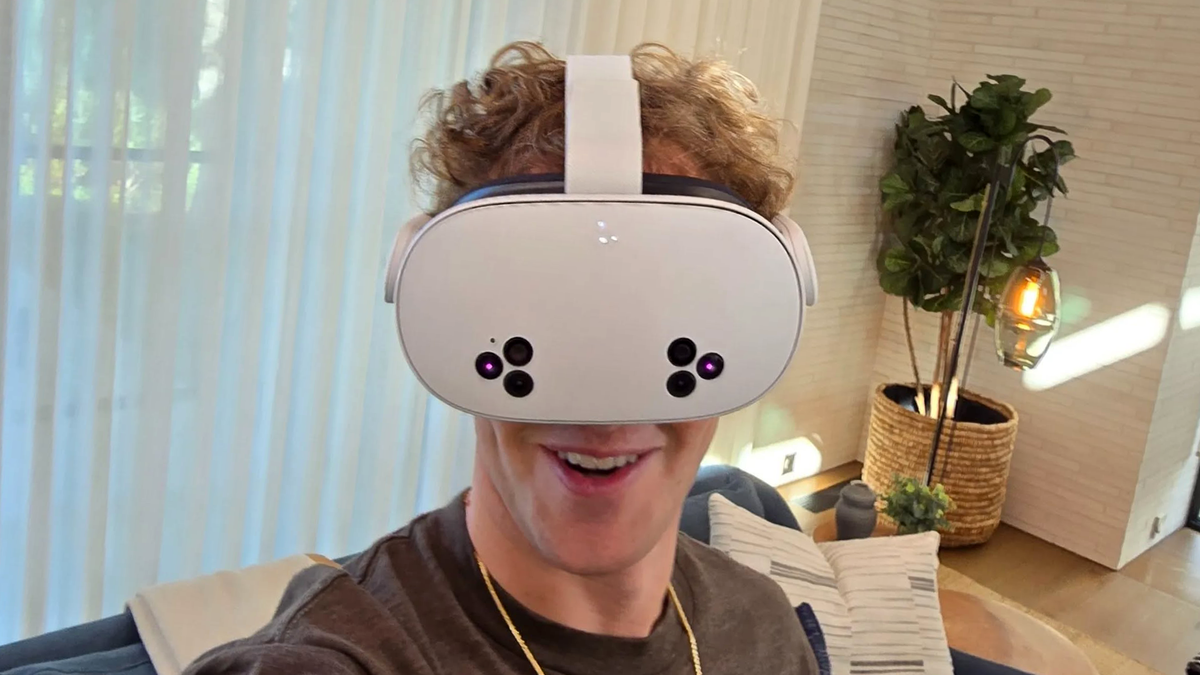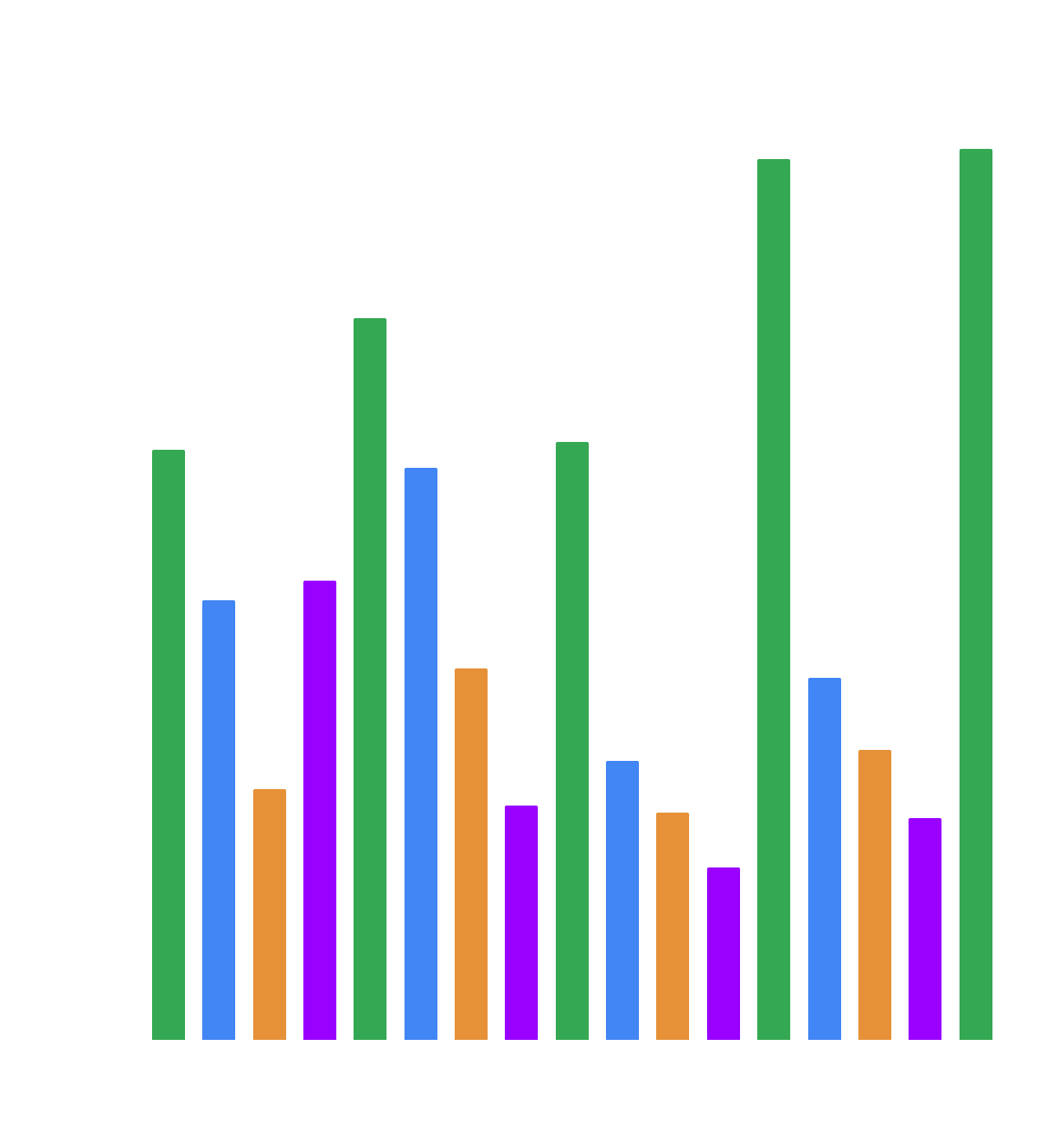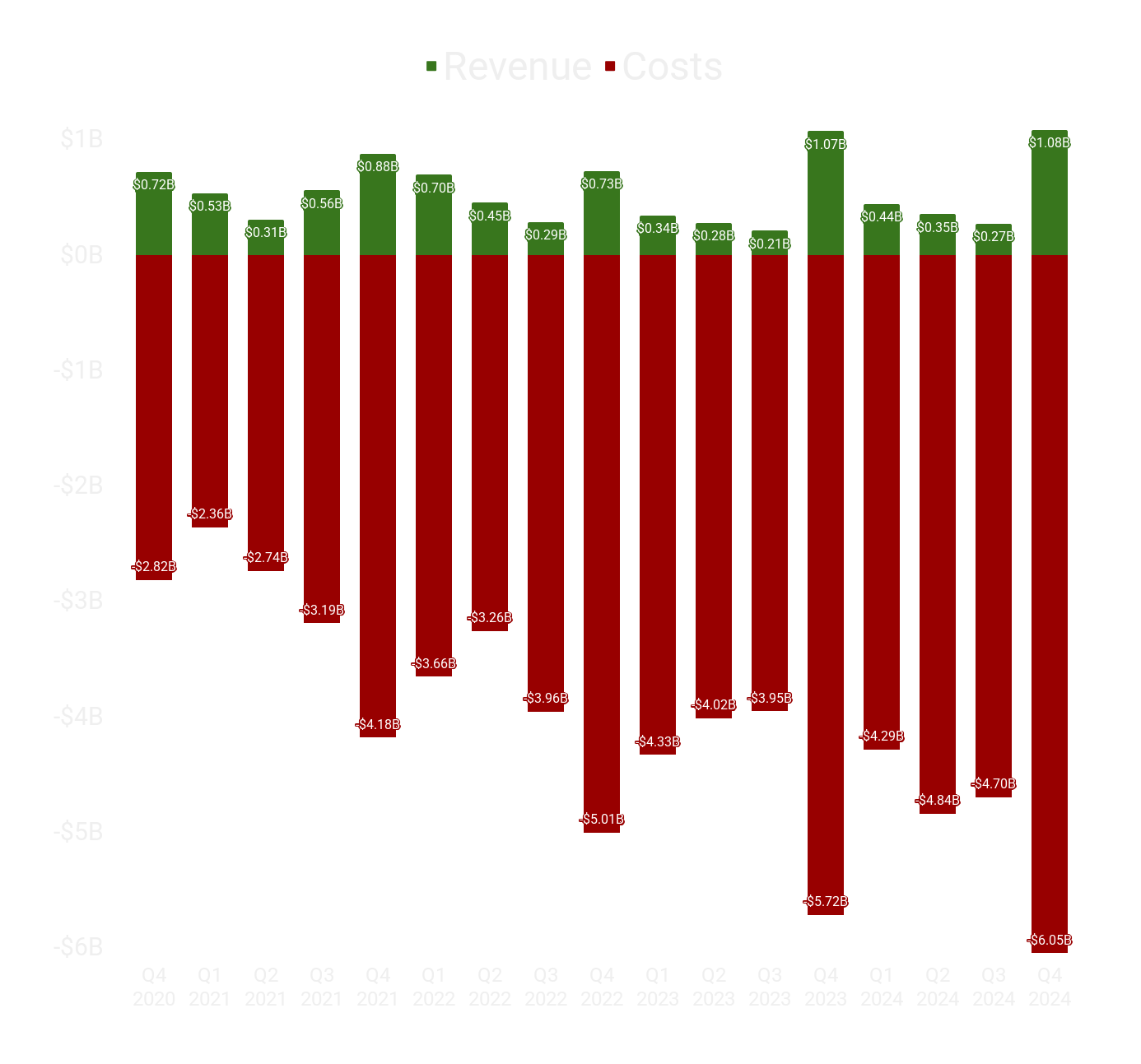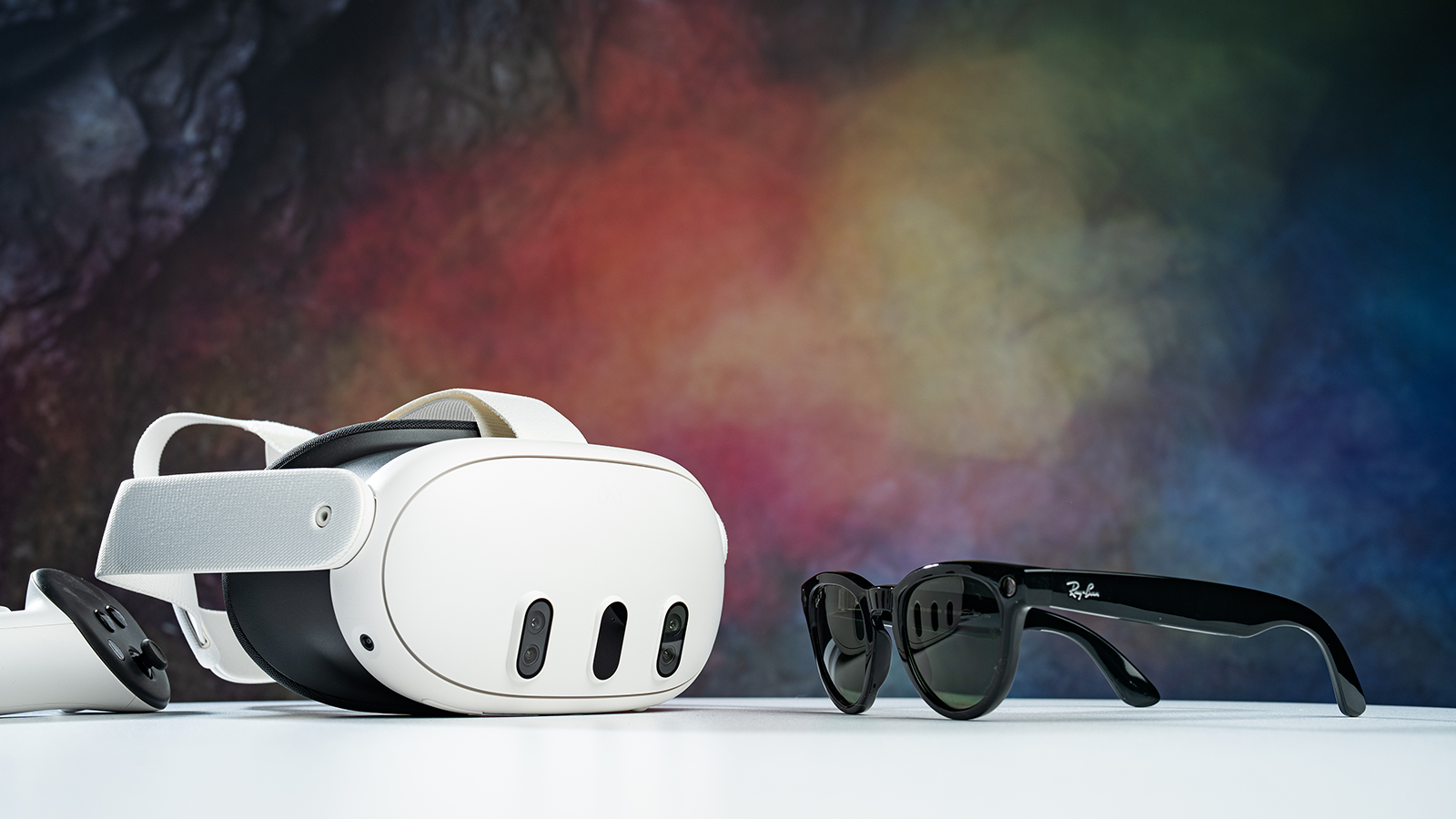
Meta Reality Labs achieved its highest ever quarterly revenue in Q4 2024, $1.083 billion, following the launch of Quest 3S.
Reality Labs is the division of Meta behind Quest headsets and their Horizon software platform, the technology side of the Ray-Ban Meta smart glasses, and research & development of AR glasses and their sEMG wristband input device.
In 2024 overall Reality Labs brought in $2.146 billion, up 13% from 2023. That puts Reality Labs on par, revenue-wise, with companies like Unity and Roblox.

“The number of people using Quest and Horizon has been steadily growing,” Mark Zuckerberg told investors, without giving specific user numbers.
Being the holiday season, Q4 has always been the strongest quarter for Reality Labs since Meta started breaking out its financials in Q4 2020. But Q4 2024 was the strongest ever, a continued success from Q4 2023, which saw the launch of Quest 3 drive the previous quarterly revenue record of $1.071 billion.
The record revenue is being reported just weeks after it was revealed that Quest 3S was the top selling games console on Amazon US in 2024, despite only releasing in October, and the Meta Horizon app needed to set up Quest headsets was the #1 free iPhone app on Christmas Day 2024. Further, SteamVR saw near-record usage in December.

However, Meta Reality Labs is still nowhere near making its first profit. The record revenue came alongside record spending too, a whopping $6.05 billion, resulting in a “loss” of $4.967 billion.
But while describing this as a loss is technically correct in a financial sense, in reality it’s more accurate to describe most of it as long-term investment. XR headsets like Quest are still a relatively early technology, far from maturity, and as of 2022 more than 50% of Reality Labs spending was on the research and development of AR glasses, a future product line that hasn’t even launched yet.
Meta’s AR/VR Hardware Teams Must Cut Spending By 20%
Meta’s AR/VR hardware teams have been told to cut spending by 20% by 2026, The Information reports.

Meta may be planning to slowly rein in spending starting this year though, as last summer it reportedly told its hardware teams to cut spending by 20%.
When asked about Reality Labs spending in 2025 by an equity research firm, Meta’s CFO Susan Li responded that for both headsets and glasses “there are big product bets we’re making and there’s sort of a deep technological set of challenges that we know that we need to unlock in order to be able to bring scalable consumer products to market”. She said that Meta does expect Reality Labs losses to continue to increase in 2025, as it did in 2024. But while in previous earnings calls Li didn’t give real specifics on spending, this time, she said the increase would be due to investments in smart glasses.
“So, broadly speaking, we think our Reality Labs investments are kind of spread across two categories; Metaverse, which includes the VR, MR, and social platform initiatives. And Wearables, which includes our AR and AI glasses work, and we expect in 2025 that roughly half of our Reality Labs investment will be across the Wearables initiatives and the remaining half on Metaverse.
And I would say in each of those areas, there are still – there are big product bets we’re making and there’s sort of a deep technological set of challenges that we know that we need to unlock in order to be able to bring scalable consumer products to market, which is ultimately what we’re really focused on. So, it remains one of our core investment priorities.
We do anticipate that operating losses in Reality Labs will increase in 2025 as they did in 2024. In terms of the increase, we expect our Wearables devices to be the primary driver of Reality Labs operating losses growing in 2025 across both cost revenue and operating expenses. And that really comes from our efforts to further accelerate the adoption of our AI glasses products.”
Later this year, Meta and EssilorLuxottica reportedly plan to launch Oakley Meta glasses, and Meta reportedly plans to introduce higher-end smart glasses with a HUD too, though it’s still unclear whether those will carry an EssilorLuxottica brand like Ray-Ban.


